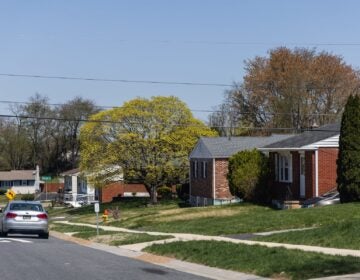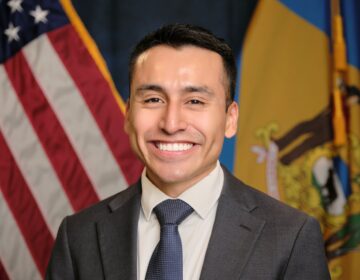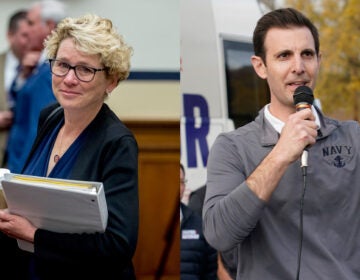Popular vote bill threatens electoral gridlock
Ever since the 2000 presidential election when Gore won the popular vote, but Bush won the presidency by winning the majority of votes in the Electoral College, a predictable but misguided effort has been underway to try to make the popular vote determinative of presidential elections instead of relying on the Electoral College as provided in the Constitution and as traditionally counted.
Recognizing that such a proposal could never command the support of three-quarters of the states required for a constitutional amendment, proponents have instead proposed an interstate compact by which states commanding a majority of votes in the Electoral College agree to cast all their votes for the winner of the national popular vote in a presidential election. States would individually bind themselves to cast their electoral votes for the national popular vote winner regardless of the actual vote in that state. And by mutual agreement the legislation in each state would become effective as soon as states commanding a majority of the electoral votes enact the same legislation.
The flaw in the argument is the possibility of a close result in the national popular vote. Under the current system, a close vote in the Electoral College could trigger a recount and protracted litigation in a single state, as we experienced in Florida in 2000, or at worst in a couple of states where the close popular vote could affect the electoral votes.
But under the national popular vote proposal, a close national vote could result in recounts and protracted litigation in all 50 states and in the District of Columbia, because every single contested vote would count towards deciding the national popular vote winner, regardless of how lop-sided the outcome was in that particular state. Thus the threat of total legal gridlock would be much greater under a national popular vote scheme than under the current Electoral College practice.
The response of the popular vote proponents to this flaw is essentially to deny the likelihood of a close national popular vote in a presidential election, even after the example of 2000 when there was both a close national popular vote and a close vote in the Electoral College. You think that won’t ever happen again?
Seven states (HI, IL, MA, MD, NJ, VT, WA) and the District of Columbia, together commanding 77 electoral votes of the 270 required for a majority, have already enacted the requisite legislation. The legislation has just been re-introduced into the Delaware General Assembly as HB 55, after having previously passed the state house of representatives in 2009.
All the Delaware sponsors of HB 55 are Democrats, which is surprising since Delaware is considered a “safe” state for Democrats in presidential elections. How will Delaware Democrats feel if they deliver a majority for their candidate but the electoral votes go to the Republican instead, resulting in the election of a Republican president in place of the Democrat?
Regardless of politics, the fatal flaw in the national popular vote proposal is the possibility of another close national popular vote like we experienced in 2000, which would result in recounts and high-stakes partisan litigation not just in one or two closely contested states, but in every single state and the District of Columbia if any votes at all can be contested affecting the plurality of the national popular vote.
The proponents of HB 55 are willing to bet the republic that we won’t experience another close national popular vote in a presidential election. Are you? We know the republic can survive gridlock in the Electoral College, and recounts and litigation in a single state, as we did in 2000. But enactment of the national popular vote initiative would be subjecting our system of self-government to the threat of electoral litigation Armageddon. Let’s try to keep the republic functional for a few more generations. Delawareans should contact their state legislators and urge them to vote against HB 55.
WHYY is your source for fact-based, in-depth journalism and information. As a nonprofit organization, we rely on financial support from readers like you. Please give today.




